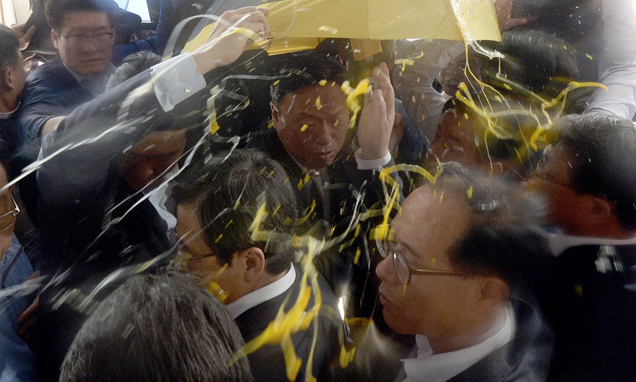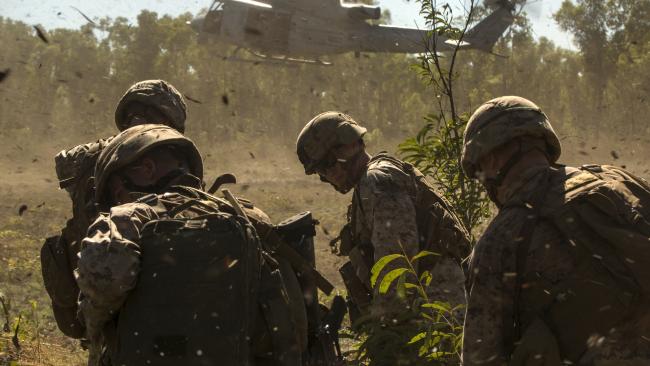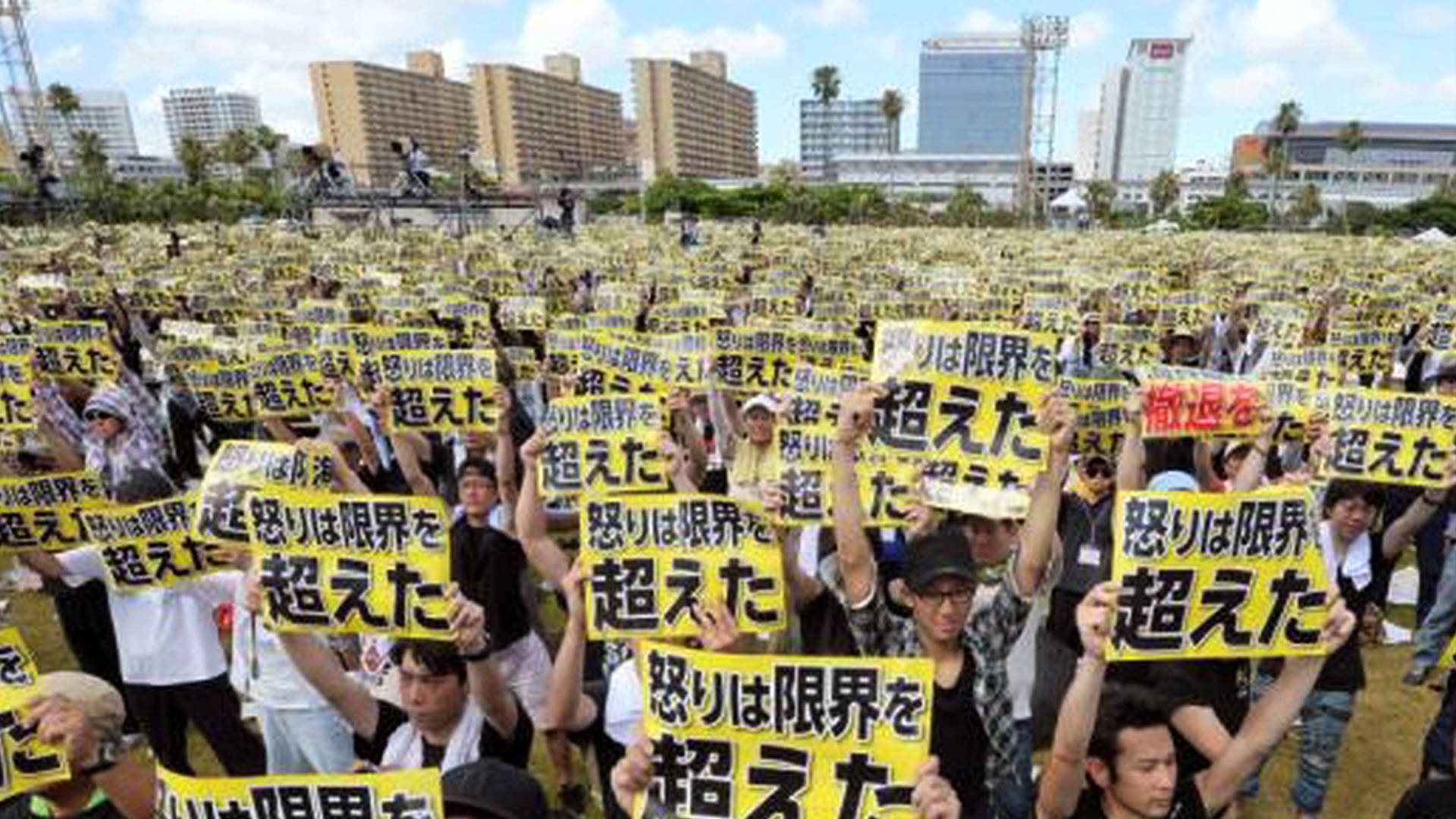US Military Worker Wants His Murder Trial Moved off Okinawa
![]()
A U.S. military contractor charged with raping and killing a 20-year-old woman in Japan has asked that his trial be moved outside Okinawa, saying he may not receive a fair trial on the southern island where the case has received extensive media coverage and opposition to U.S. bases is high, his lawyer said Wednesday.
Kenneth Shinzato, a former Marine who is a contractor at Kadena Air Base, was arrested in May when the victim's body was found. He has been charged with rape, murder and abandoning the body of the woman.
His lawyer, Toshimitsu Takaesu, said he submitted a request on Monday for the venue to be shifted to Tokyo because a local jury is likely to be prejudiced, and to allow Shinzato a proper translator and mental examination.
"What's most important is for him to have a fair trial," Takaesu said in a telephone interview from his office in Okinawa. "But after massive media coverage, many people already believe he is a bad guy and guilty. Under the circumstances, the verdict is likely to be guilty regardless of the evidence."
He said Shinzato has denied the murder and rape allegations.
In Japan, jury trials are held only in murder and other serious cases.
Japanese authorities have said Shinzato drove around looking for a target before attacking the victim as she was taking a walk at night.
Shinzato, a U.S. citizen from New York who was born Kenneth Gadson, married a Japanese woman on Okinawa and uses her family name. He was in the Marines before working as a contractor.
The case has sparked outrage and rekindled anti-U.S. military sentiment and protests on Okinawa, where residents resent a heavy American troop presence.
Shinzato's case led Tokyo and Washington to announce a plan Tuesday to reduce the number of civilian U.S. base workers covered by the Status of Forces Agreement, or SOFA, which protects service members from Japanese prosecution in case of on-duty or on-base accidents or crimes.
Shinzato is considered outside of the SOFA coverage and has been handled under Japanese criminal justice from the beginning.




